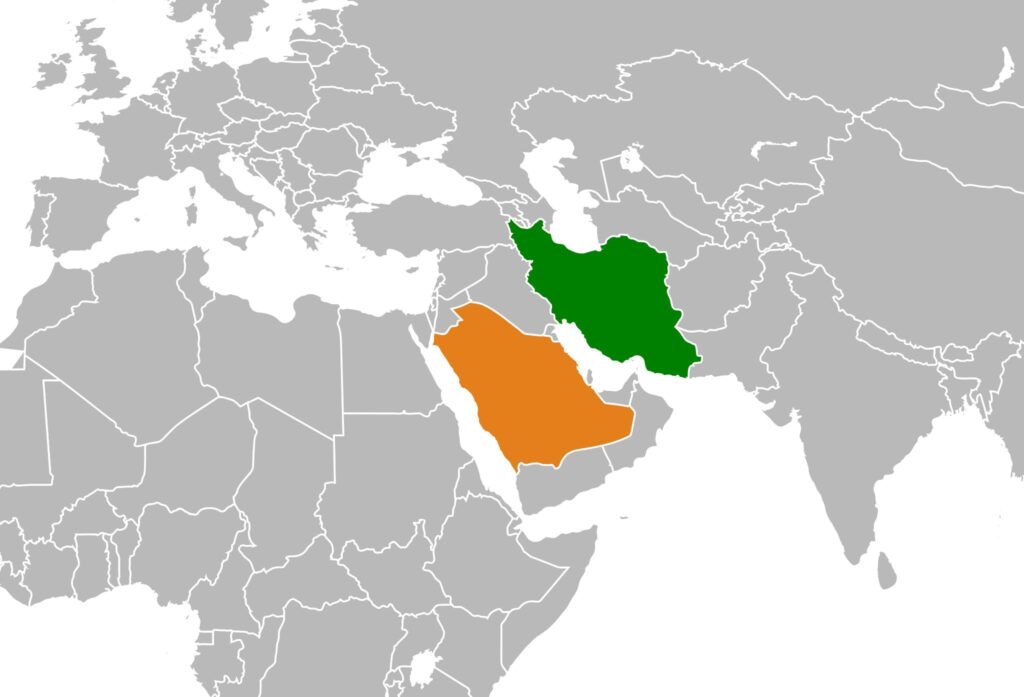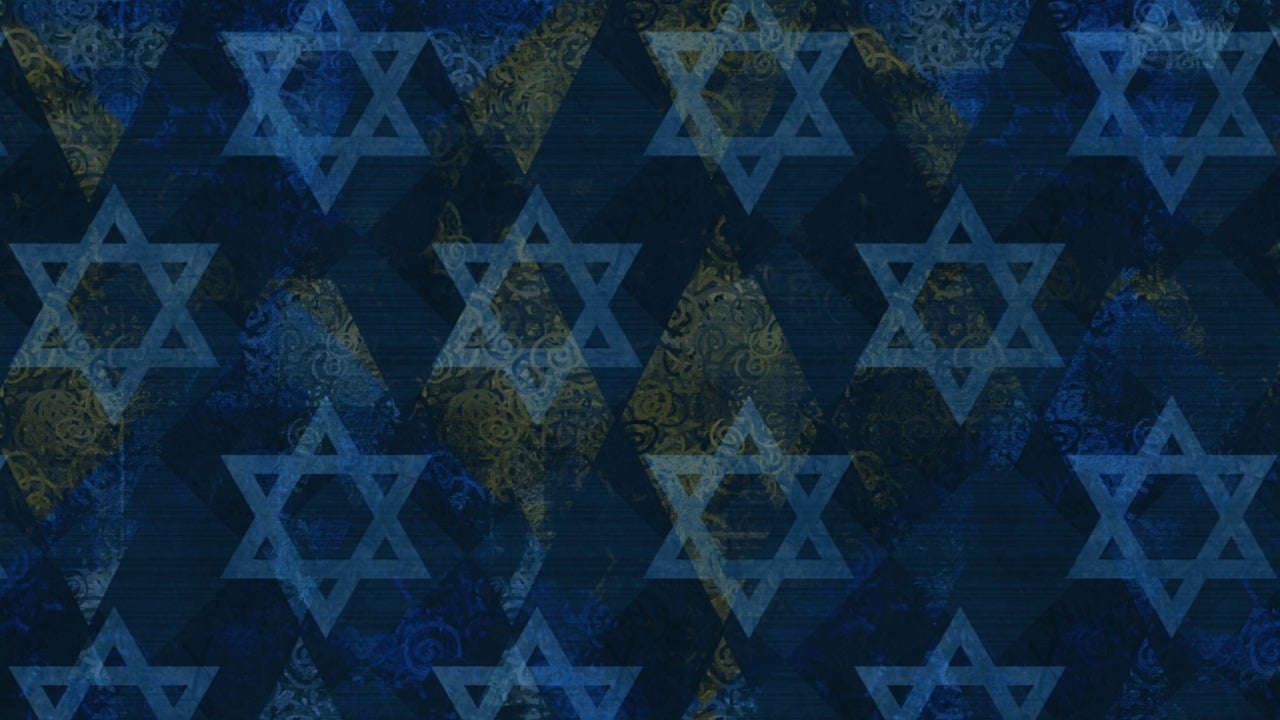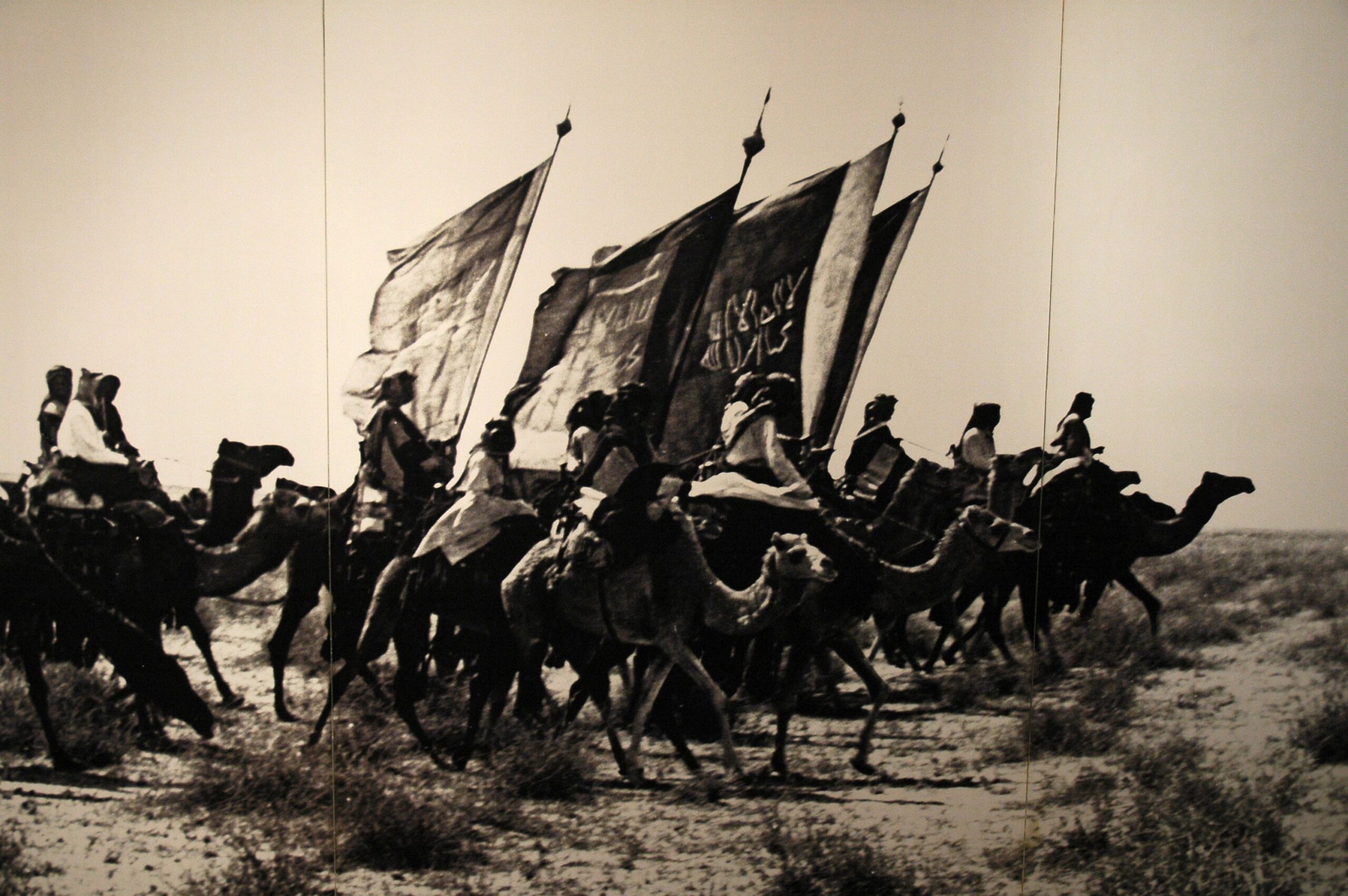For a generation, Western foreign policy and public discourse have largely fixated on the Islamic Republic of Iran as the primary threat emanating from the Middle East. Its revolutionary anti-Western rhetoric, nuclear ambitions, and support for regional proxies have dominated headlines and shaped strategic priorities.
However, a compelling case can be made that while this focus has been maintained, the Kingdom of Saudi Arabia, a key Western ally, has been consolidating its power, engaging in widespread repression, and exerting considerable influence in a manner that poses an arguably greater, albeit different, long-term threat that has been largely overlooked.
Both Iran and Saudi Arabia are authoritarian regimes with deeply dishonorable human rights records. However, a direct comparison of their repressive features reveals a disturbing picture in Saudi Arabia, one that is often less scrutinized in Western discussion.
Beneath the Surface: Iran’s and Saudi Arabia’s Human Rights Records Side-by-Side
While Iran is widely condemned for its restrictions on freedoms of expression and assembly, the persecution of religious minorities, and the arbitrary detention and trials of dissidents, often leading to harsh sentences and executions, Saudi Arabia’s record is in many ways more absolute and less challenged internationally, particularly by its Western partners.

Saudi Arabia operates under an absolute monarchy with no tolerance for political dissent. Independent civil society is effectively non-existent, and any form of public criticism is met with severe penalties, including lengthy prison sentences and, in many cases, the death penalty. The targeting of journalists and activists, exemplified by the brutal murder of Jamal Khashoggi, highlights the regime’s willingness to go to extreme lengths to silence opposition, even abroad.
Furthermore, Saudi Arabia’s application of the death penalty is among the highest globally, with executions carried out for a wide range of offenses, including those not considered “most serious crimes” under international law. The deeply entrenched male guardianship system continues to severely restrict women, despite some recent much-publicized reforms. Migrant workers also face systemic exploitation and abuse under the kafala system. While Iran also utilizes the death penalty and represses dissent, the scale and nature of some abuses, such as the high number of executions and the transnational targeting of critics by Saudi Arabia, present a particularly stark picture.
UN Membership: A Mask of Legitimacy?
Adding to the complexity is Saudi Arabia’s strategic engagement with international bodies. Despite its widely criticized human rights record, Saudi Arabia has held positions on various UN committees, including ethics and human rights panels. This membership has been met with outrage by human rights organizations, who argue that it allows the Kingdom to whitewash its image and deflect criticism. While Iran has also faced scrutiny for its role in international forums, Saudi Arabia’s significant economic power and its status as a Western ally have often seemed to provide it with a greater degree of immunity from sustained international pressure compared to Iran. The optics of a nation with such a human rights record holding positions on bodies meant to uphold universal ethical standards are striking, and undermine the credibility of those institutions.
Shaping the Discourse: Saudi Influence in Western Media
One of the key reasons for the disproportionate Western focus on Iran and the relative lack of intense scrutiny on Saudi Arabia lies in the Kingdom’s significant investments and influence in Western media and public relations. Saudi Arabia has actively engaged in sophisticated and well-funded campaigns to shape international perceptions.
These efforts include substantial investments in major Western media companies, partnerships with news organizations, and the use of powerful lobbying firms. This financial leverage can subtly or overtly influence coverage, leading to a greater emphasis on perceived threats from adversaries like Iran while downplaying or ignoring internal repression and problematic external actions by Saudi Arabia, such as its involvement in the devastating conflict in Yemen. By presenting itself as a bulwark against Iranian expansionism and a partner in counter-terrorism, Saudi Arabia has successfully cultivated an image that resonates with Western security concerns, often overshadowing its own role in promoting Islam that has fueled extremism globally.
Saudi Investments: Deeper Ties and Quieter Influence
Beyond media, Saudi Arabia’s vast sovereign wealth fund has made significant investments across various sectors in Western economies. These deep financial ties in industries from technology to entertainment and finance create a complex web of interdependence. While these investments are often framed purely in economic terms, they also grant Saudi Arabia considerable power and leverage. This economic integration can make Western nations hesitant to apply significant pressure on Riyadh regarding its human rights record or regional activities, for fear of jeopardizing lucrative business relationships and investments. This stands in contrast to Iran, which has faced decades of stringent Western sanctions, limiting its ability to build similar economic leverage in the West.
The Iran Fixation and the Saudi Blind Spot
The Western focus on Iran as the primary regional threat has historical roots, stemming from the 1979 revolution, the hostage crisis, and subsequent decades of animosity and perceived challenges to Western interests. This has created a ingrained perception that has been consistently reinforced by Iran’s actions and rhetoric. Meanwhile, Saudi Arabia, despite its absolute monarchy, its promotion of a conservative religious ideology, and its involvement in regional conflicts, has largely been seen through the lens of energy supplier, counter-terror partner, and a market for Western goods and services.
However, while Iran’s actions warrant attention, the long-term implications of Saudi Arabia’s unchecked repression, its influence operations in the West, and its role in regional dynamics pose a different, and more insidious, threat. The Kingdom’s use of its wealth and influence to shape global discourse and its deep integration into Western economies grant it a level of power that may be less immediately visible than Iran’s more overt challenges, but is more deeply embedded in Western policy and harder to confront.
While a generation of Westerners has been raised to fear the threats posed by Iran, closer examination of Saudi Arabia’s repressive domestic policies, its Orwellian role in international human rights forums despite those policies, and its pervasive influence in Western media and economies suggests that the threat posed by the Kingdom is significant and may be dangerously underestimated. A more balanced and critical assessment of both regimes, free from the distortion of economic ties and strategic convenience, is crucial for understanding and surviving the conflicts behind unfolding events in the Middle East.





